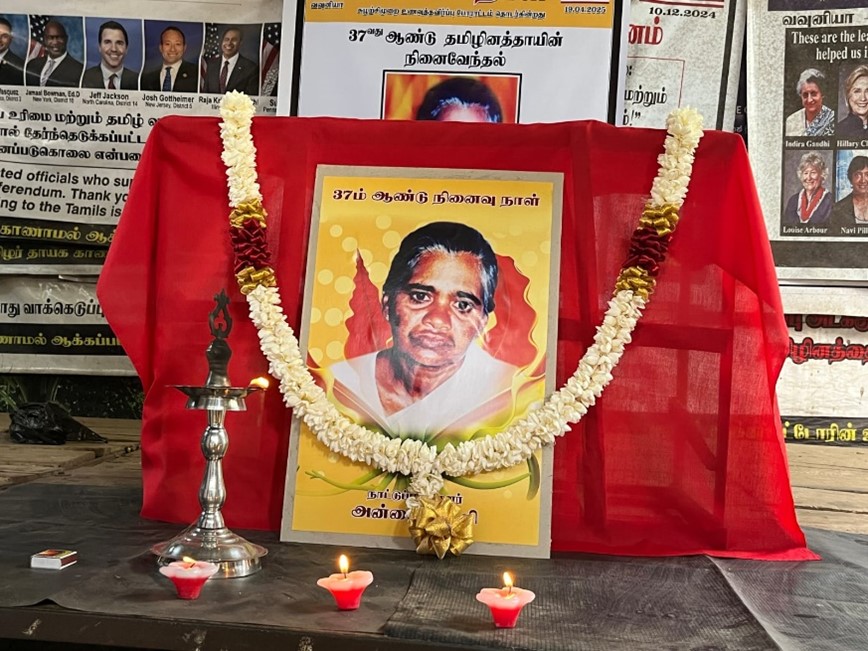When public relations meets militarisation
See here for full post. Extracts reproduced below:
"The value of the steps announced by the government was always questionable, given the active efforts of President Mahinda Rajapaksa and his family to remove all independent checks on their power, as detailed in Crisis Group’s February report on Sri Lanka’s Authoritarian Turn: The Need for International Action. The recent events in Weliweriya and Grandpass reveal more clearly than ever that what Sri Lanka needs is not more commissions, or even arrests. The country needs legal and institutional changes to the system of policing and justice designed to reverse the militarisation and concentration of power that has deepened so dangerously under the Rajapaksas. These changes would include many of the reforms recommended by the LLRC, as well as others outlined in Sri Lanka’s Authoritarian Turn. At a minimum, the president should end his grant (renewed monthly) of police powers to the army and return soldiers to barracks in north and south, remove the police from the control of the ministry of defence and Secretary of Defence Gotabaya Rajapaksa, and restore the independence of the attorney general’s department by removing it from presidential control. The president should also agree to re-establish the independence of commissions that control the police, the judiciary, elections, and the civil service by reinstating the constitutional council.
Unfortunately, without increased international pressure, there is little chance the government will take these or any of the other necessary steps to restore the rule of law. Fed by the Rajapaksas’ attachment to centralised and militarised rule, Sri Lanka’s decades-long problem of impunity is getting worse, not better. While the government may have stepped up its public relations game in response to international pressure, the recent events at home show the risk of more serious violence, especially along religious and communal lines, is increasing.



